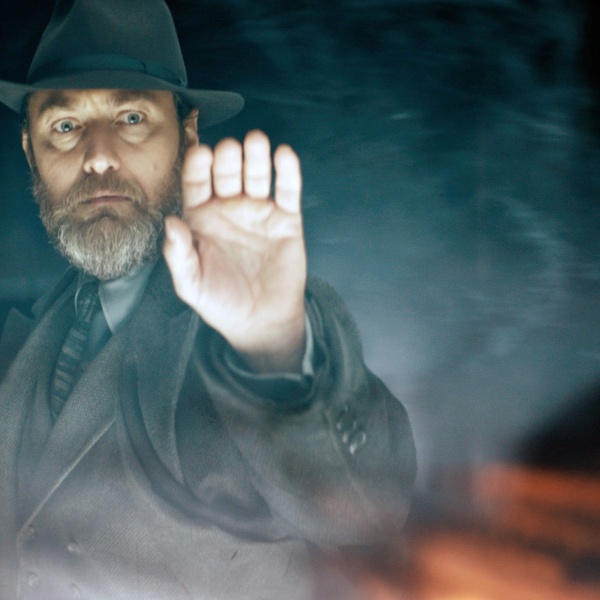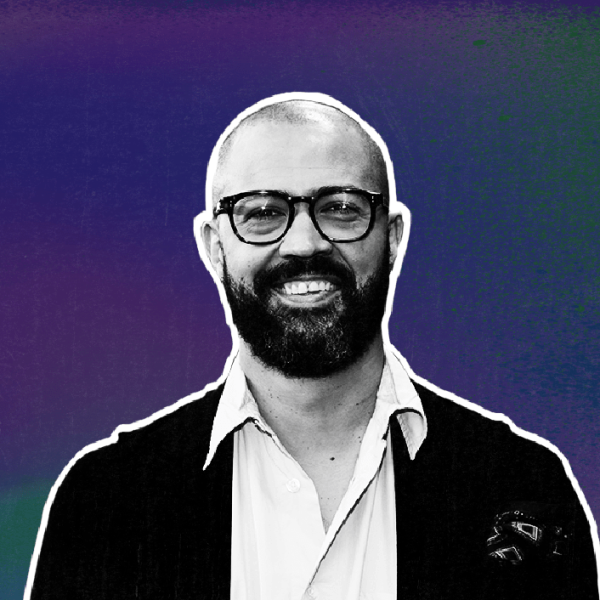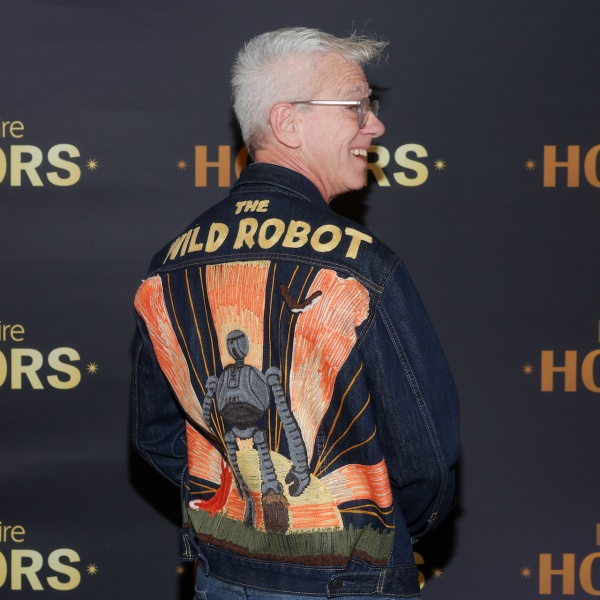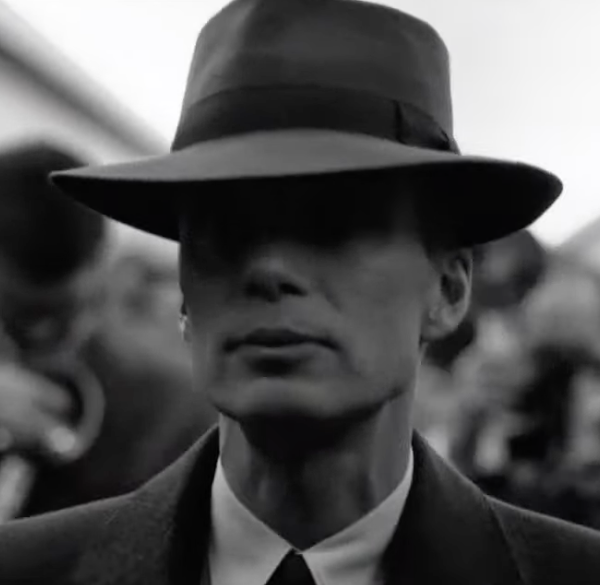
IndieWire Honors recognized some of the biggest movies and TV shows of the year last night, including “Barbie,” “Killers of the Flower Moon,” “Beef,” and “John Wick: Chapter 4,” but the filmmakers’ speeches reflected how their current work couldn’t exist without the support they received early in their careers — much of it from IndieWire.
Todd Haynes, director of Netflix marquee title “May December,” accepted the Visionary Award with a memory of screening his breakout short “Superstar: The Karen Carpenter Story” to rave reviews before the cease-and-desists from her estate rolled in. Greta Gerwig, writer-director of Warner Bros. global blockbuster “Barbie” and recipient of the Auteur Award, recalled doing her very first interviews with Anne Thompson for her solo directorial debut “Lady Bird” at Telluride.
Lily Gladstone upped the ante: In receiving breakout the Performance Award for “Killers of the Flower Moon,” she used her time to talk about the performance “that has been the absolute highlight of my career, the best work I feel like I’ve ever done, the most important story, elevating the awareness of missing and murdered Indigenous women, missing and murdered sisters, working with the greatest, most visionary, most committed director of my life, working with somebody who I love very dearly and had the best chemistry I’ve had with somebody onscreen. The greatest love story that I’ve ever told in my career.”
That movie, she said, was Erica Tremblay’s “Fancy Dance,” which debuted at Sundance earlier this year and still does not have a distributor. Her playful and resolute pitch (“You all thought I was talking about the other movie, didn’t you?”) reached the ears of multiple studio representatives in the room.

“The Curse” creators/stars Nathan Fielder and Benny Safdie, were a hit as the inaugural recipients of the Wavelength Award highlighting creative collaboration for the scripted Showtime series. On the party floor, Safdie said he’s found a thrill in hosting weekly talkbacks for it in New York and invited Breakthrough Award honoree Cord Jefferson to attend. In his own speech, the “American Fiction” director remarked that he was upset he had to leave early, in part of how comfortable the room (and the couches) had felt.
Both Jefferson and Performance Award honoree Jharrel Jerome (“I’m a Virgo”) were particularly gracious about their projects, recognizing that they represented major creative swings for Black-led projects that are often hard to get greenlit. Jerome dedicated his award to the Amazon show’s creator, Boots Riley, for “allowing Black faces to literally be larger than life.”
Auteur Award recipient Melina Matsoukas, who directed the pilot of Apple TV+ series “The Changeling,” reframed the singular image of auteurs, calling them leaders. “True auteurs are leaders and intentional collaborators. I would not have the career I have without the love, support, and collaboration of other auteurs I respect.”
The evening’s biggest curveball may have come from “Beef” creator Lee Sung Jin, recipient of the Visionary Award. He thanked the man who triggered his road rage and led to the inception of his Netflix hit that’s received 13 Emmy nominations. (His therapist also got a nod.)

As if it was fated, “John Wick: Chapter 4” director Chad Stahelski, recipient of the Maverick Award, remarked on how much Bob Fosse inspires him shortly after IndieWire Honors host Dewayne Perkins opened the show with an intricate jazz number. Though “The Blackening” writer/star had joked he was the person to call when Billy Porter and Jerrod Carmichael decline, they would be hard pressed to provide the same mix of ingenuity and razzle-dazzle.
While there are many, many awards shows in Hollywood, IndieWire Honors didn’t look like or act like them. There was no formal seating; instead, each honoree had a deep sectional in green velvet. (Their comfort inspired thank-yous from the stage.) And while speeches traditionally create the opportunity for distraction, the heartfelt words created something rarely seen: an audience who wanted to listen and ignored the siren’s call of their cell phones. Afterward, no one wanted to stop talking. Gerwig, Gladstone, cinematographer Rodrigo Prieto (who worked on both their films), Safdie, Fielder, and many more stayed until the lights flashed on.






